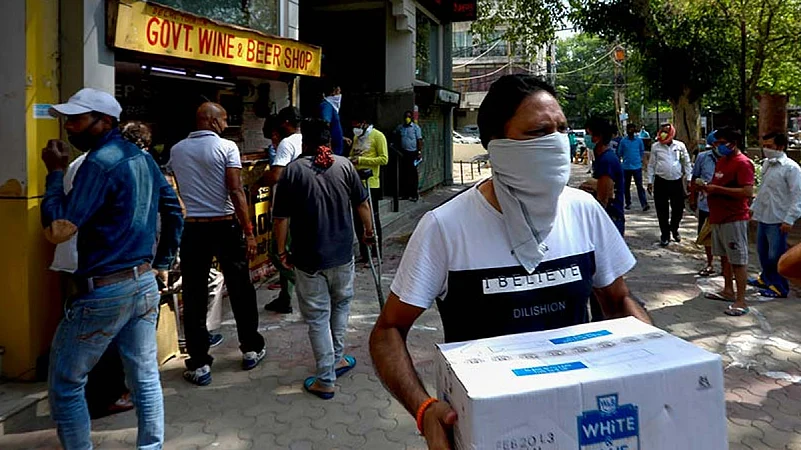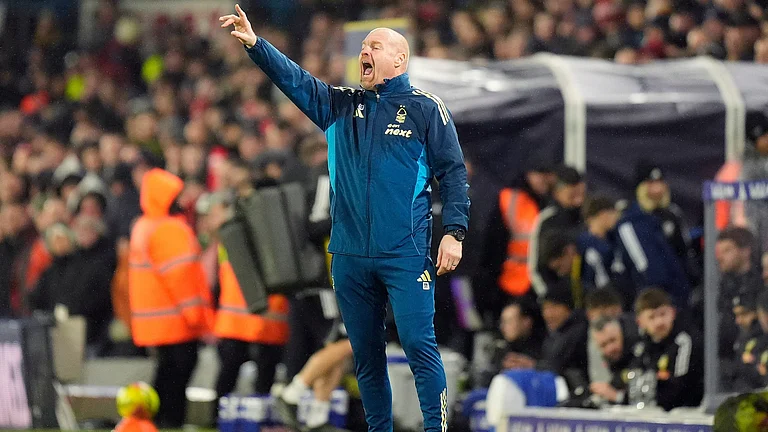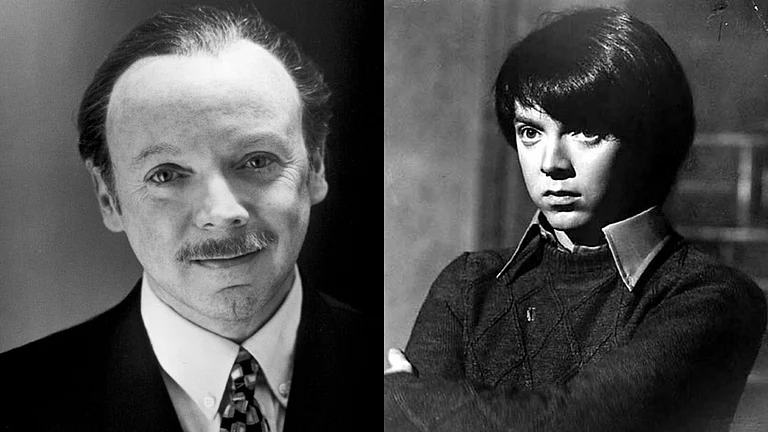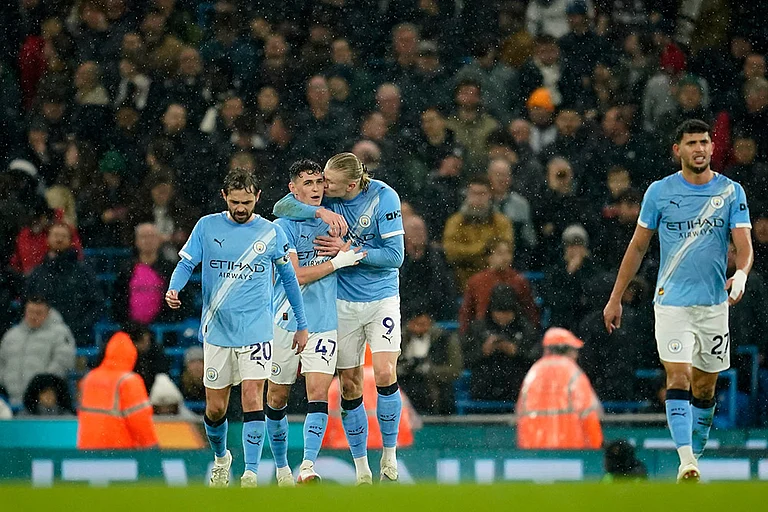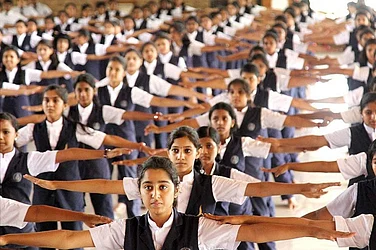The Delhi government Monday opposed the pleas challenging its decision prohibiting any discount or rebate on the MRP of liquor in the national capital and told the Delhi High Court that this was giving rise to bootlegging activity. Justice V Kameswar Rao heard the counsel for the Delhi government and various liquor licence holders and reserved order on the petitioners’ applications for interim relief to stay the decision on the ground that it was causing them an irreparable loss on account of the substantial decrease in their business. The applications were filed in the petitions challenging the Delhi excise commissioner’s February 28 order discontinuing any discount or rebate on the Maximum Retail Price (MRP) of liquor here.
Senior advocates A M Singhvi and Rahul Mehra, representing the Delhi government, opposed the pleas saying the government will not step in till the dealers carry the business in a fair and transparent manner and it stepped in only after coming to know that bootlegging was going. Singhvi said the discounting schemes were bringing arbitrage between Delhi and UP, Delhi and Haryana, and Delhi and Himachal Pradesh. Mehra said in the new excise regime, Delhi has the cheapest liquor and when the government came to know that bootlegging was going on, it stepped in. Senior advocates Mukul Rohatgi and Sajan Poovayya, who represented several petitioners, argued that the Delhi government order was passed by the concerned authority without any jurisdiction and was perverse and arbitrary. Poovayya contended that once the tender is called for and licences are issued, it is not open for the authorities to make changes in the tender conditions in that excise year unless there is a change in the law. “When an order is passed by the commissioner, it has to be tested on merits of what the order contains,” he said, adding that the moment there is an MRP system, the dealers have the freedom to give discounts under the excise policy.
The Delhi government, in its affidavit, has said that promotion of responsible drinking and prevention of illicit trade of liquor is the primary objective behind its order prohibiting any rebate or discount by liquor retailers and that it did not intend to make discounting a tool to encourage unhealthy competition and market distortions. In its affidavit filed in response to a plea by several liquor licence holders against the prohibition, the Delhi government said that while it initially allowed concessions for bringing healthy competition and promoting consumer choice, it was noticed that some people were buying liquor in bulk for hoarding or bootlegging and the discounts being offered were not in the public interest. In February, some retailers “started giving huge discounts/offers on the MRP of liquor ('buy one, get one and 'buy one, get two' etc)” and “banners and hoardings were put up by the licencees” to lure the customers with freebies which resulted in huge crowds gathering outside the liquor vends leading to adverse law and order situation, the government has asserted. “There was no intent on the part of the government to make the discounting tool of encouraging unhealthy competition and distortions in the market, which was the situation that was developing during the recent round of discounting being offered by some of the licencees and hence was unsustainable and also not in the larger public interest,” said the affidavit filed by Assistant Commissioner, Department of Excise.
The government stated that the regulation of liquor trade is paramount due to the injurious impact on health as well as the adverse social impact and it cannot be privy to a sale behaviour which is contrary to the reforms introduced by it. The Delhi government said that the challenge to the decision is “wholly misconceived” and should be dismissed. On March 3, the Delhi government had told the high court that it cannot promote drunkenness through discounts that were given in a “sporadic manner” and were being misused by those with “big pockets” to create a monopoly. It was the petitioners’ grievance that even though the applicable excise policy and the tender expressly permit a grant of discounts by the retail licencees, the Delhi government on February 28 prohibited the discounts without giving them an opportunity to be heard.
On February 28, the Delhi excise commissioner had passed an order discontinuing any discount or rebate on the MRP of liquor in the national capital. The order referred to reports of large crowds at liquor stores as well as unhealthy market practices as the reason for the discontinuation of the discounts and said that the vendors are indulging in promotional activities which are prohibited under the Delhi Excise Act. In the plea filed by Bhagwati Transformer Corporation and others, the liquor licence holders contended that the actions of the authorities are arbitrary, disproportionate, discriminatory, and violative of their fundamental rights under Article 14 of the Constitution.
PTI Inputs






